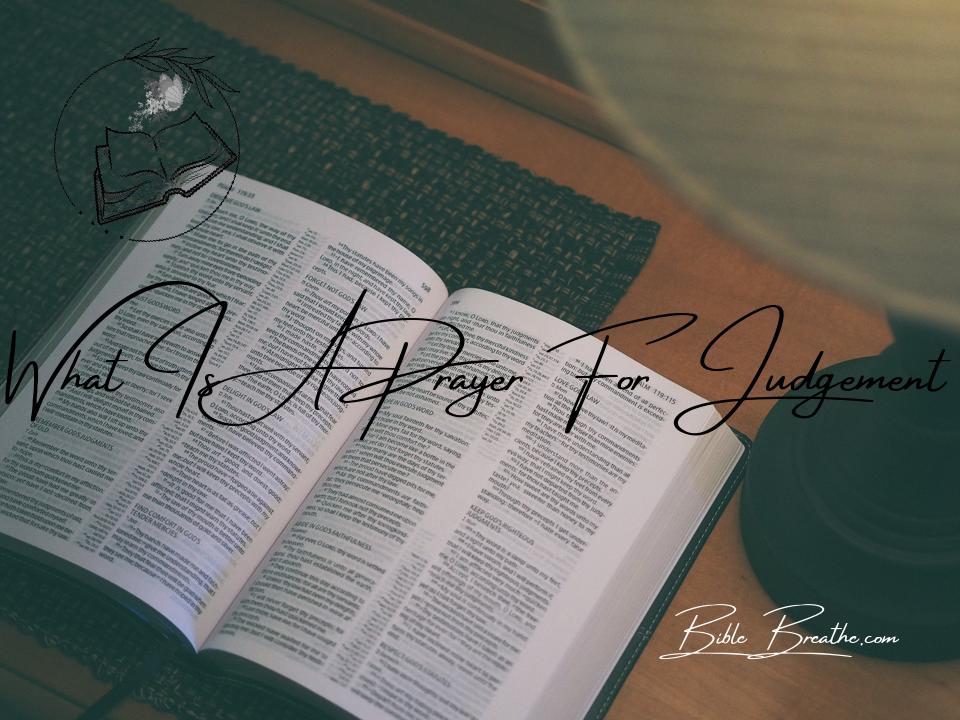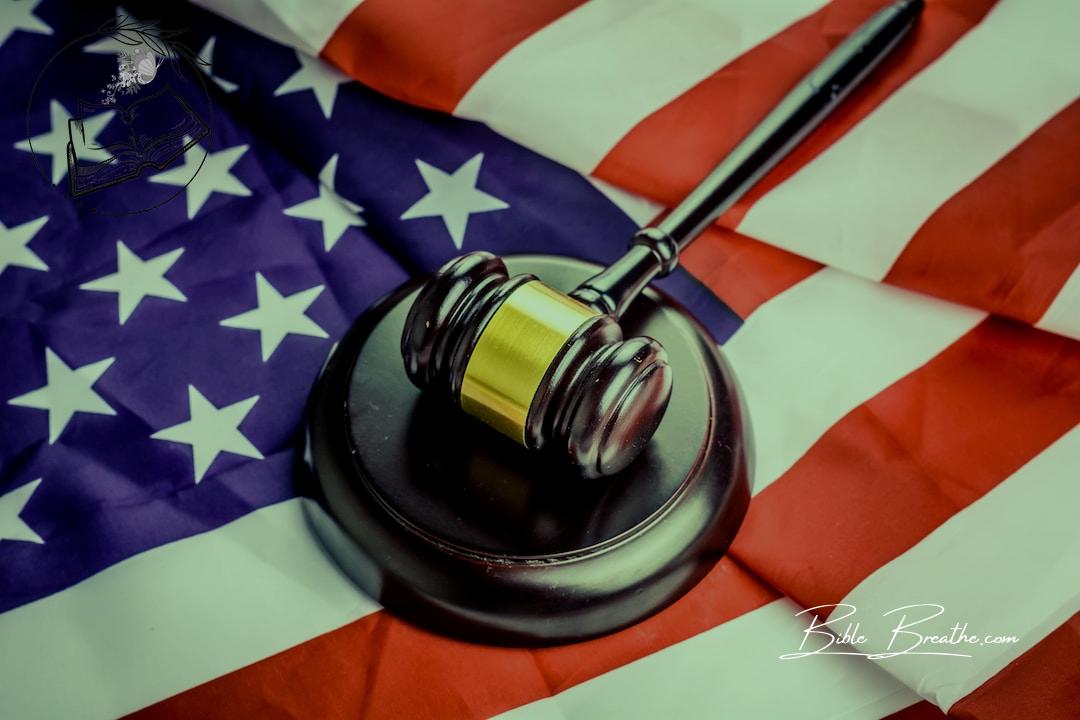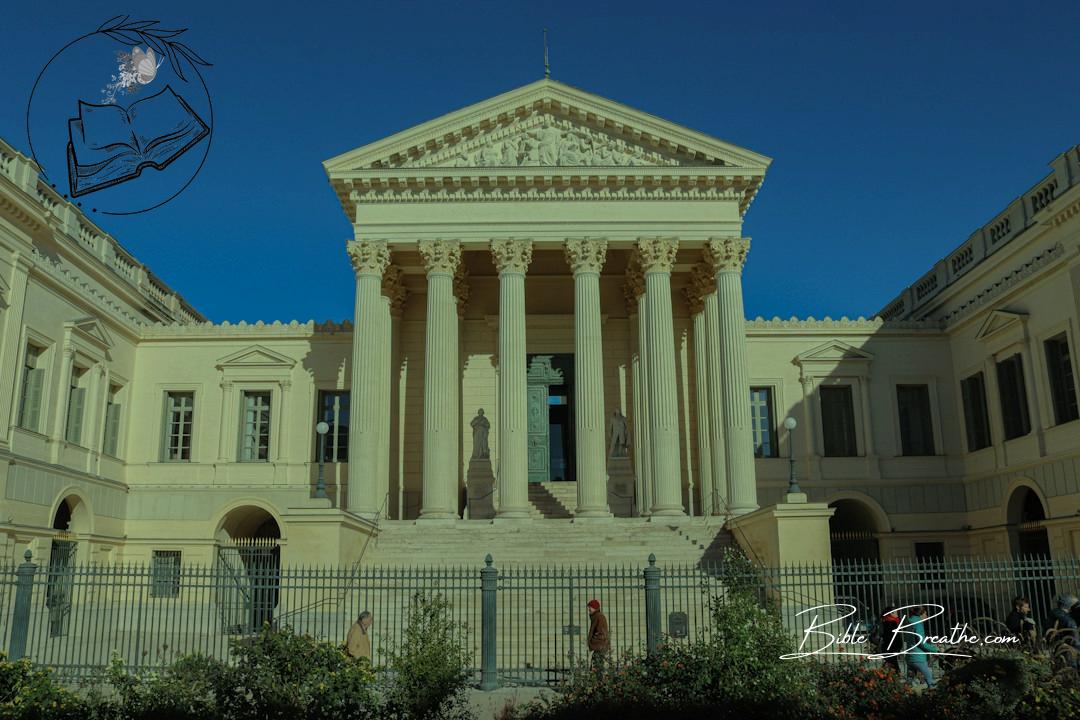What’s a Prayer for Judgment, fam?
It’s like that unexpected lifeline when you’ve made a wrong turn in the legal traffic of life.
In North Carolina, it’s our secret sauce—a PJC, standing for Prayer for Judgment Continued.
It’s the court’s way of saying, “Hold on, let’s give you a second chance.”
Now, picture this: you’ve got a speeding ticket or a minor hiccup on your legal road trip.
A PJC could be your get-out-of-jail card, saving you from those nasty court fines, troublesome insurance points, and license woes.
It’s like hitting a legal reset button, but there’s a twist.
As we unpack this legal loophole, we’ll understand how it works, its power, and the tightrope you’ll walk.
This is your chance at redemption, fam, and we’re diving into the legal waters to help you navigate ’em.
🚗⚖️
Key Takeaways
- Understanding the implications of a Prayer for Judgment (PJC) is essential. A PJC is a legal option that can have significant consequences on your record and insurance rates.
- It is highly advisable to consult with a local attorney before considering a PJC. They can provide tailored advice based on your specific case and jurisdiction.
- The potential benefits of a PJC include avoiding points on your driving record and preventing insurance rate hikes after a traffic violation. However, it may not be suitable for all situations.
- On the flip side, there are drawbacks to consider. A PJC typically can only be used sparingly, and its effectiveness may vary depending on your circumstances and prior driving history.
- Ultimately, the decision to pursue a Prayer for Judgment should be made carefully, weighing the potential benefits against the drawbacks and seeking expert legal guidance to make an informed choice. Understanding this legal option is crucial for anyone facing a traffic violation.
Deciphering the Enigma of a “Prayer for Judgment”
Photo modified by BibleBreathe.com. Original photo by Bermix Studio on Unsplash
Alright, let’s dive into the depths of legal terminology for a moment and unpack what on earth a “Prayer for Judgment” (PJC) really means when you find yourself caught up in the whirlwind of a traffic offense or a misdemeanor.
Imagine it as a lifeline being tossed your way in the midst of a legal storm.
How Does a “Prayer for Judgment” Actually Work?
In the world of legal jargon, a “Prayer for Judgment” is like hitting that ‘pause’ button when you’re playing a video game to figure out your next move.
It’s a temporary respite, a breather, if you will, from the judgment or conviction that usually follows a traffic violation or misdemeanor.
Making Sense of the Difference: Prayer for Judgment vs. PJC
Now, you might have heard the term “PJC” thrown around, and it’s simply the shorthand version of “Prayer for Judgment Continued.”
Think of it as standing at a crossroads with a sign that says, “Hold on, we’ll decide later.”
That’s precisely what a PJC is all about.
When Can You Request a PJC, and Will the Court Say Yes?
Asking for a PJC is a bit like asking for a favor from the court, but don’t expect them to hand them out like Halloween candy.
The court’s decision to grant one isn’t guaranteed; it depends on various factors.
Just because you ask doesn’t mean you’ll receive.
The severity of the offense, your driving history, and the circumstances of the case all come into play in the court’s decision-making process.
Navigating the Terms of a PJC
Now, if the court does give you the green light and grants you a PJC, don’t start celebrating just yet.
You might still have to cover court costs and fines, much like settling the bill at a restaurant after a meal.
It’s all part of the package deal.
This way, you’re still held accountable for your actions, even if the judgment is temporarily on hold.
“For judgment is without mercy to one who has shown no mercy. Mercy triumphs over judgment.” – James 2:13 (KJV)
Remember, a Prayer for Judgment is a legal tool, not a magical get-out-of-jail-free card.
It’s a chance to regroup, rethink, and come up with your next move wisely.
So, handle it with care.
Seeking Legal Redemption: Deciphering a Prayer for Judgment in North Carolina
Photo modified by BibleBreathe.com. Original photo by Alexander Schimmeck on Unsplash
In the realm of legalese and traffic tangles, a “Prayer for Judgment Continued” (PJC) in North Carolina is like a wild card in a high-stakes game.
It’s not just a term; it’s a potential game-changer, and we’re about to break it down for you.
The PJC: A Shot at Mercy
In the heart of North Carolina and a handful of other states, a PJC is like a legal lifeline.
Imagine you’re in a tough spot, facing a traffic ticket or a misdemeanor charge – this is your opportunity to raise your hand and ask the court for a second chance.
It’s like hitting the pause button on legal consequences, giving you a moment to prove you’re on the right path.
Think of the court as your moral compass.
It decides whether to “continue” with your judgment or hit the pause button.
It’s a bit like playing a video game where you get a timeout to rethink your strategy.
When to Play the PJC Card
But here’s the catch: you can’t play the PJC card in just any situation.
It’s like trying to use a joker in a game of chess – it won’t work if the stakes are too high.
Serious traffic violations or situations where a guilty verdict is a sure thing may not be the right time to pull out your PJC card.
And if you’re an out-of-state driver, the rules change.
While in-state folks might catch a break with a PJC, you might not be as lucky.
Out-of-state drivers often face the full judgment without the nuanced mercy a PJC can provide.
Meeting the Criteria: A Dance of Justice
To be eligible for a PJC, you’ve got to meet certain criteria – think of it like dancing through a minefield.
The court looks at your past record, the nature of the offense, and your driving history.
It’s like a delicate dance where the court carefully evaluates your moves before granting you this legal grace.
So, a Prayer for Judgment Continued is like a tap on the shoulder in the legal world.
It’s your chance to rewrite the script, even if just for a moment.
Like the ebb and flow of the tide, it’s a legal tool that, when used wisely, can give you a breather, a chance to make amends, and a step toward a more law-abiding journey.
Navigating the Practical Aspects of a “Prayer for Judgment”
Photo modified by BibleBreathe.com. Original photo by Nathan Cima on Unsplash
Alright, let’s get into the nitty-gritty of what a “Prayer for Judgment” (PJC) means in the real world.
When you’re facing the possibility of a PJC, understanding how it practically affects your situation is key to steering through the legal maze.
Impact on Your Insurance: When the Shield Takes a Hit
Think of your insurance like a trusty shield in the battle of traffic violations.
Now, a PJC might look like a patch on that shield, but it’s not invincible.
While it can temporarily protect your insurance points from going haywire, there are cases where the shield can crack.
Some insurance companies might still view it as a violation and adjust your rates accordingly.
PJC: Concealed Conviction
In the world of legal records, a PJC can be a bit of a chameleon—it can appear as a conviction in certain situations but not in others.
It’s crucial to grasp that while a PJC can offer a breather from immediate consequences, it’s not a clean slate.
Down the road, future encounters with the law might reveal it dressed up as a conviction, which could potentially affect the court’s judgment.
Playing the PJC Card Wisely: Timing Is Everything
Imagine you’re in a strategic card game, and the PJC is your trump card.
But playing it at the wrong moment could cost you the game.
That’s where the seasoned ‘players’ come in—the traffic ticket attorneys.
These folks know the ins and outs of the game and can provide valuable guidance on when to deploy this legal tool for maximum advantage, making sure it aligns with your long-term goals.
“In their hearts, humans plan their course, but the LORD establishes their steps.” – Proverbs 16:9 (KJV)
So, remember, a Prayer for Judgment is a legal move, a strategic play in the chess game of traffic violations.
Understand its moves, weigh its consequences, and make your move wisely.
It’s all about playing the game smartly.
Demystifying the “Prayer for Judgment”: A Legal Insight
Let’s dive into the world of legalese and illuminate a term that carries weight in the realm of traffic violations and misdemeanors – the “Prayer for Judgment.”
In the intricate web of traffic laws and courtroom drama, the “Prayer for Judgment” (PJC) emerges as a key player.
Think of it as a hidden ace in the deck, offering a glimpse into the complexity of the legal world.
Unraveling the PJC: More Than Just Words
A “Prayer for Judgment Continued (PJC),” often simply called a PJC, is like a legal chess move, decided by the court.
Imagine it as a cautious step, a brief pause in the legal proceedings after a traffic violation or misdemeanor.
It doesn’t wipe the slate clean, but it grants a temporary respite from immediate consequences.
The Court’s Gavel: A Realm of Discretion
When it comes to granting a PJC, the court holds the cards.
It’s not an automatic right but a decision influenced by various factors.
The seriousness of the offense, your past traffic record, and the circumstances surrounding the case all weigh in on the court’s decision.
The Fine Print: Understanding Implications
At first glance, a PJC might seem like a “get-out-of-jail-free” card, but it’s not that straightforward.
It can have repercussions on your insurance and might count as a conviction in specific situations.
Think of it as hitting the pause button on legal consequences, not erasing them entirely.
Navigating the Legal Terrain: Seek Counsel
Imagine the legal landscape as a rugged terrain with hidden pitfalls.
Getting advice from a seasoned traffic ticket attorney is like having a trusty guide by your side.
They can offer insights on when to strategically play the PJC card, taking into account its long-term consequences.
“For there is nothing hidden that will not be disclosed, and nothing concealed that will not be known or brought out into the open.” – Luke 8:17 (KJV)
In the intricate tapestry of legal proceedings, a Prayer for Judgment is just one thread.
Understanding its intricacies and knowing when to utilize it is the key to navigating the legal fabric wisely.
Frequently Asked Questions (FAQs) About What Is A Prayer For Judgement
Is a Prayer for Judgment the same as a PJC?
A Prayer for Judgment (PJC) is a legal concept and not directly mentioned in the Bible.
It’s a legal term used in some jurisdictions to defer judgment for certain offenses.
It is not related to biblical teachings.
How does a Prayer for Judgment affect insurance?
A Prayer for Judgment Continued (PJC) is a legal concept and doesn’t directly affect insurance.
It’s a request in certain legal cases, often traffic-related, where a judge may offer leniency and not impose penalties.
However, insurance companies may still consider the underlying violation when determining rates or coverage.
PJC’s impact on insurance can vary by jurisdiction and insurer.
Is a Prayer for Judgment considered a conviction?
A Prayer for Judgment, in legal terms, allows an individual to avoid a conviction despite a guilty plea, given certain conditions are met.
It’s not considered a conviction upon meeting these terms, as it allows for the dismissal of the case without an entry of judgment.
It’s a legal tool that may offer leniency, allowing individuals to avoid certain penalties.
When should one not request a Prayer for Judgment?
One should avoid requesting a Prayer for Judgment when seeking to escape responsibility for wrongdoing.
It is inappropriate in situations where accountability and repentance are essential for personal and societal well-being.




